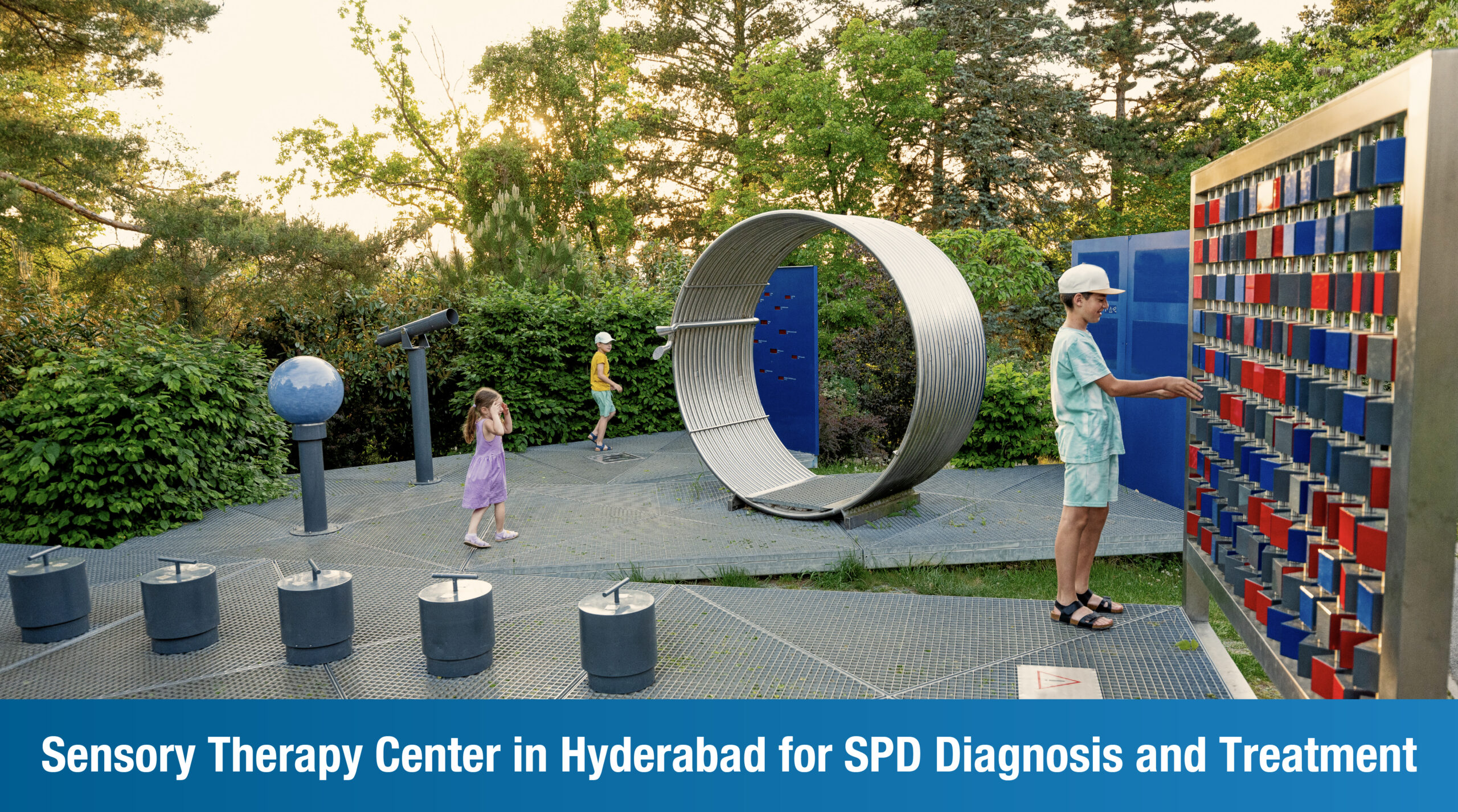
At Plexus, we offer advanced care for individuals diagnosed with Spinocerebellar Ataxia (SCA)—a rare and complex neurodegenerative condition. As one of the top SCA Therapy Centers Hyderabad residents rely on, we combine neurological expertise, evidence-based therapies, and compassionate support. Our team includes some of the leading Spinocerebellar Ataxia Specialists in Hyderabad.
What Is Spinocerebellar Ataxia (SCA)?
Types of Spinocerebellar Ataxia
SCA includes a group of genetic disorders that affect the cerebellum and spinal cord. There are over 40 known types, such as SCA1, SCA2, and SCA3, each with different patterns of symptoms and progression.
How It Affects the Brain and Coordination
SCA damages neurons in the cerebellum, leading to poor coordination, imbalance, speech difficulties, and involuntary eye movements. As the disease progresses, symptoms may worsen, affecting mobility and independence.
Common Symptoms of SCA
Balance and Movement Challenges
- Difficulty walking or standing
- Frequent falls
- Poor coordination of limbs
Speech, Vision, and Swallowing Difficulties
- Slurred or slow speech
- Blurred or double vision
- Swallowing issues
Emotional and Cognitive Impacts
- Depression or mood swings
- Impaired memory or concentration
Causes and Genetic Inheritance
Autosomal Dominant vs. Recessive Patterns
SCA is mostly inherited in an autosomal dominant pattern, meaning a child has a 50% chance of inheriting the disorder if one parent carries the gene. Less common recessive forms also exist.
Diagnostic Challenges and Misdiagnosis Risks
SCA can be difficult to diagnose early due to symptom overlap with other conditions. Misdiagnosis is common, making expert consultation critical.
How SCA is Diagnosed
At Plexus, we use:
- Clinical neurological evaluation
- Genetic testing to confirm type
- MRI to assess cerebellar atrophy
- Functional assessments to plan therapy
Spinocerebellar Ataxia Treatment in Hyderabad at Plexus
While there is no cure, our treatment focuses on slowing progression and improving quality of life. At our SCA Therapy Center in Hyderabad, we offer:
- Physiotherapy for strength and coordination
- Speech therapy for clearer communication
- Occupational therapy for daily independence
- Balance and gait training
- Cell therapy in eligible cases to support neuroregeneration
Why Choose Plexus for SCA Therapy in Hyderabad
- Team of leading Spinocerebellar Ataxia Specialists in Hyderabad
- Personalized treatment plans
- Advanced rehabilitation facilities
- High patient satisfaction and success stories
- Holistic approach to physical and emotional well-being
For Spinocerebellar Ataxia, early intervention and expert care can make a world of difference. Reach out to Plexus to begin a personalized treatment journey today.
WhatsApp: +91 7815964668
📍 Hyderabad: +91 9513262686
FAQs
What is the most effective treatment for SCA?
There’s no one-size-fits-all. A combination of physical therapy, speech therapy, and neuroregenerative support offers the best results.
Can SCA be cured or only managed?
SCA is a progressive condition without a cure, but symptoms can be managed effectively with therapy.
How do I know if my symptoms are related to ataxia?
If you’re experiencing balance problems, speech issues, or tremors, consult a neurologist for evaluation.
How long does treatment take at your center?
Treatment duration varies. Consistent therapy over several months often yields noticeable improvement.
Do you offer counseling or support for families?
Yes. We provide emotional support and caregiver training to help families manage the condition together.
What is the life expectancy of someone diagnosed with SCA?
Life expectancy varies based on the type and progression of the disease. Many live into adulthood with appropriate care.
About the Author
Dr. Na’eem Sadiq
Medical Director of Plexus
Dr. Na’eem Sadiq is a globally recognized neurologist and neuropsychiatrist, renowned for his contributions to the treatment of complex neurological disorders. He founded Plexus in 2011 with a mission to enhance the quality of life for patients living with neurological conditions.
With over 35 years of clinical experience, Dr. Sadiq is considered a leading expert in the field. His internationally acclaimed research spans key topics such as Demyelinating Polyneuropathy, Multiple Sclerosis, Epilepsy, and Migraine, positioning him at the forefront of neurological care worldwide.










